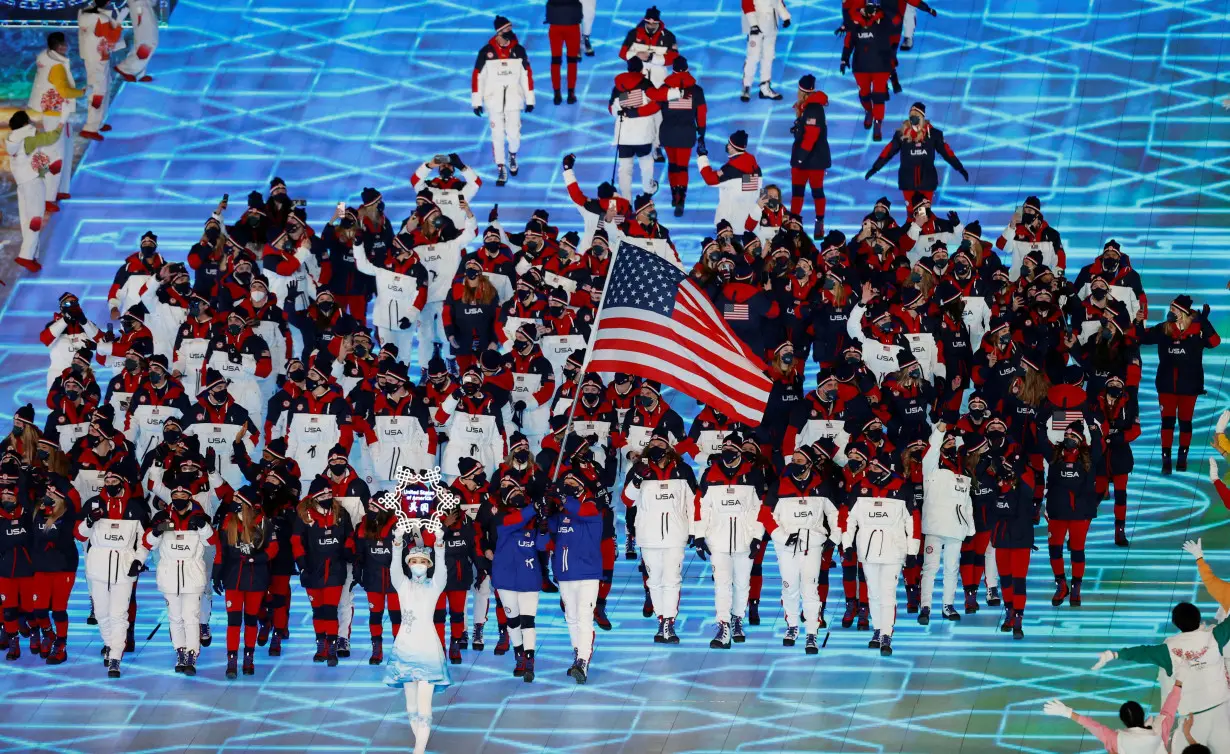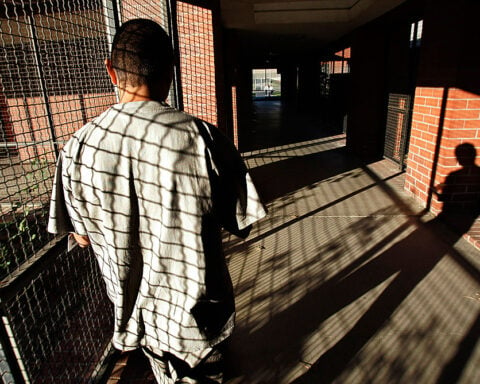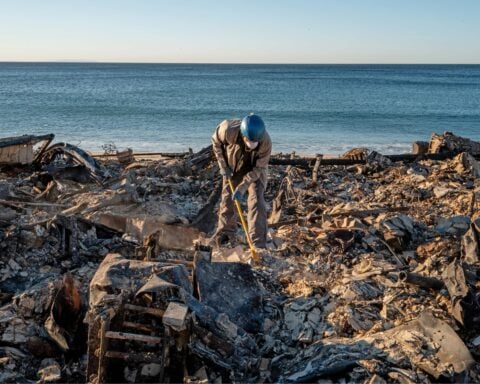By Chris Taylor
NEW YORK (Reuters) - Being an Olympic athlete in the U.S. is not just arduous physically but often financially as well.
In fact, 26.5% of high-performance American athletes earn less than $15,000 a year, according to a recent report “Passing the Torch” by the Commission on the State of the U.S. Olympics & Paralympics, and another 10% earn between $15,000-$25,000.
“Only 50% of all responding high-performance athletes reported any compensation related to their sport, and of those only 11.5% received sponsorships,” said Han Xiao, the commission’s co-chair and a former member of the national table tennis team. “Most athletes live off of some combination of stipends, prize money, support from family or partners, and salaries from other types of work.”
Meanwhile the cost of competition at a world-class level – travel, lodging, equipment, fees, and so on – is also extremely high, averaging $12,000 a year.
Some American Olympians sleep in a car at night or without sufficient food or adequate health insurance, the report found.
“This Olympic cycle has been worse than ever,” said Brant Feldman, an agent with American Group Management who represents a number of Olympic athletes like water polo’s Maggie Steffens and swimmer Paige Madden. That is because there are fewer endorsement opportunities, Feldman added.
“They may be selling a lot of ads, but it just hasn’t trickled down to the athletes," Feldman said. "Athletes live on these endorsements, and they are starving for deals.”
As a result, the cost of surviving often ends up going on plastic. One of Feldman’s former clients, for instance, could not pay a commission right away because he had run up $41,000 in credit-card debt – covering not just himself, but his fellow team members as well.
“The amount of stories I've personally heard about fellow athletes running up credit card debt are too many for me to count,” said Xiao.
Here are some reasons why athletes find themselves in such a financial hole: Olympic committees and sport governing bodies are often cash-strapped themselves; companies are cutting athlete sponsorships and the U.S. lacks a robust national funding system, which you often see in other countries.
But until the system undergoes real change, athletes need to be hyper-focused on seizing this once-in-a-lifetime moment in Paris.
Here are three expert tips for American Olympians (as well as future Olympic-hopefuls) to stay afloat financially.
GET QUALITY REPRESENTATION
To be among the best athletes in the world requires 100% focus – which means that your bandwidth for handling the books is limited. And if a well-meaning parent is helping out with the business end, they might not have the know-how or network to take your career to the next level.
“Have good representation to look for sponsorship opportunities for you and to look out for your interests when you enter into agreements with sponsors and sport federations,” advises Xiao. “Being an athlete and being an agent are full-time jobs, and it’s really hard to do both things really well.”
DEVELOP YOUR BRAND
You might think that being among the world’s best athletes is sufficient to get money rolling in, but that is not enough. You need to work on your personal brand by maximizing social media presence.
“To me, the athletes who don’t like to do social media are in trouble,” says Feldman. “Even if you’re only good on one platform, like Instagram or TikTok, you need to be posting content as much as you can.”
Also make sure that businesses can contact you and get quick responses, by providing the email address of your agent in your bio.
Brands often reach out by direct message on Instagram or TikTok.
"If they don’t get a response, they just move onto the next athlete,” Feldman says.
ACT FAST
For a short period, the eyes of the entire world will be on you. But that will not last.
“Once the Olympics end, we are heading into the first weeks of college football, into NFL exhibition games, into baseball pennant races,” Feldman says. “If an athlete goes out and medals in Paris, you need someone within 72 hours on your side hyping you right away... If you haven’t gotten deals within 60-90 days, you may have blown your window.”
(Editing by Lauren Young and Toby Davis)

 Can AI help humans understand animals and reconnect with nature? A nonprofit research lab thinks so
Can AI help humans understand animals and reconnect with nature? A nonprofit research lab thinks so
 US must not become complacent to a growing terrorism threat, a Counterterrorism Center official says
US must not become complacent to a growing terrorism threat, a Counterterrorism Center official says
 Sedentary work linked to 37% higher risk of insomnia-like symptoms, new study finds
Sedentary work linked to 37% higher risk of insomnia-like symptoms, new study finds
 Israel supplied Iran with centrifuge platforms containing explosives, top official acknowledges
Israel supplied Iran with centrifuge platforms containing explosives, top official acknowledges
 Look of the Week: Timothée Chalamet adopts London’s most stylish accessory
Look of the Week: Timothée Chalamet adopts London’s most stylish accessory
 Republican bill seeks to curtail US FTC's merger-busting powers
Republican bill seeks to curtail US FTC's merger-busting powers
 Texas online porn age-verification law goes to US Supreme Court
Texas online porn age-verification law goes to US Supreme Court
 Overtourism was the buzzword of 2024. This summer looks to be just as crowded and chaotic
Overtourism was the buzzword of 2024. This summer looks to be just as crowded and chaotic








